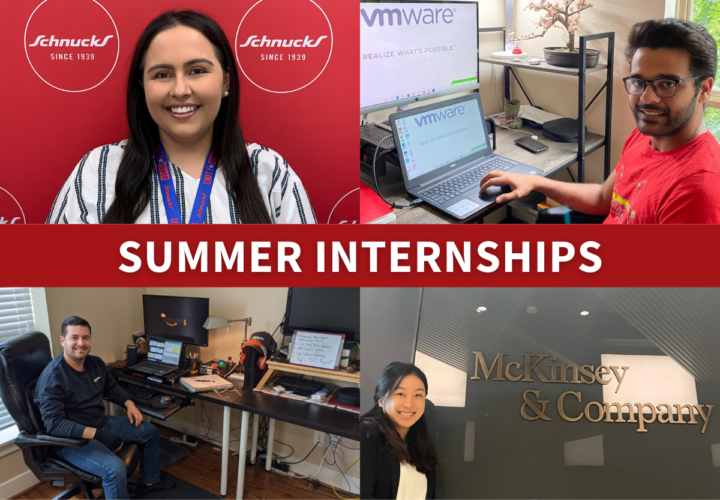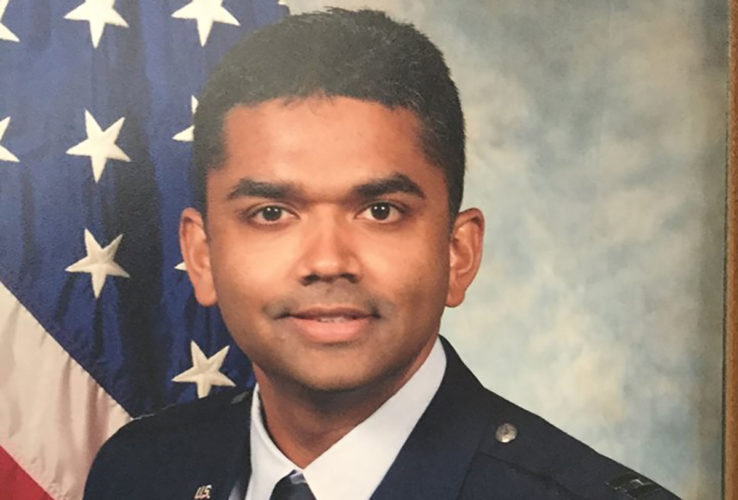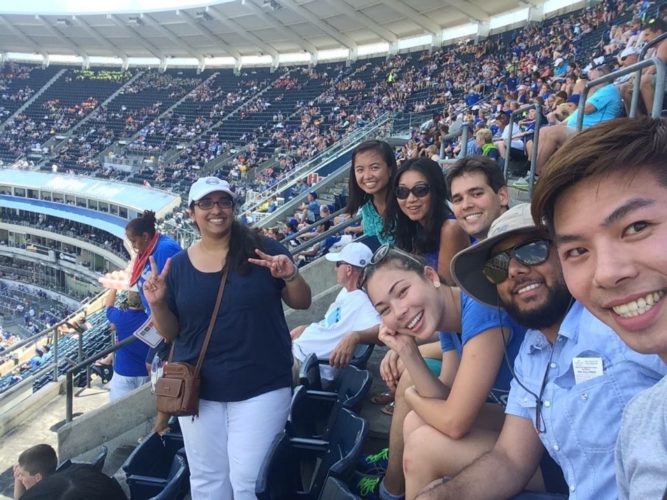Various Olin students contributed to this post.
Earlier this summer, we shared the stories of six MBA ’22 students and how their Olin education set up them up for success. Today, we’re back with three MBA ’22 students and one BSBA ’22 student. Whether they’re working in marketing, finance or logistics, the foundational skills they learned at Olin have prepared them for the job ahead.
How did your Olin education prepare you for your internship?
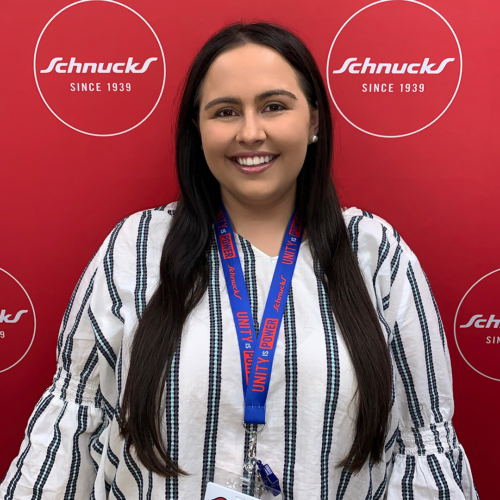
“At Schnucks, I work with the Communications team. Our team has a hand in every single department and the dissemination of information both internally and externally. Coming from a background in journalism, Olin offers me many brand-new learning opportunities. Within my internship, I’m enjoying building on the solid foundation of the FTMBA program. Having the first-year core classes at Olin has prepared me to communicate and strategize more effectively with departments such as Accounting, Finance, Merchandising and Operations at Schnucks and become a more well-rounded businesswoman.”
-Lucy Reis, MBA ’22, communications intern at Schnuck Markets

“I use Olin’s’ value-based and data-driven approaches every day of my internship. At Amazon I’m encouraged to dig deep into data sets to gather insights and invent new creative solutions to solve customers’ problems. Olin’s education prepared me for my internship at Amazon by teaching me qualitative and quantitative analysis frameworks that allow me to deconstruct and analyze business problems in an organized manner. In my current role, I’m using the managerial insights I mainly learned in my operations and strategy courses. [They] allow me to complete my work and to communicate effectively with high-ranking, experienced technical and nontechnical professionals with over 20 years of experience that are even outside of my own area of expertise.”
-Antonio Rivera-Martínez, MBA ’22, senior manager program intern at Amazon
How/what are you taking what you learned at Olin and applying it to your current role?
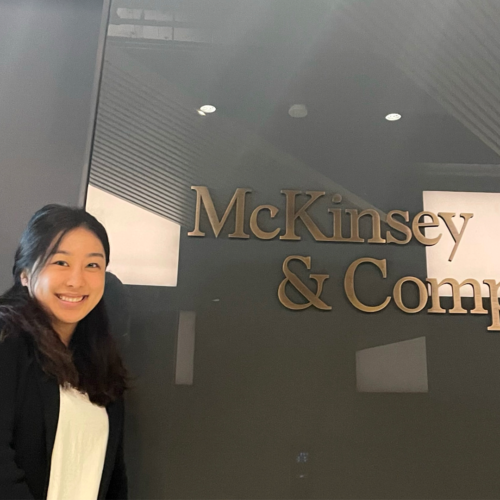
“The most valuable thing I have applied from my time at Olin to my current role is communication and teamwork. Olin’s curriculum emphasizes team projects, which simulate real work environments that cultivate problem solving and concise communication. Throughout my time at Olin, I’ve had the opportunity to work with different teams, either in extracurriculars or classes. I come out of each team project learning more about working with different people with diverse backgrounds to achieve the best outcome.”
-Daphne Liu, BSBA ’22, business analyst intern at McKinsey & Company
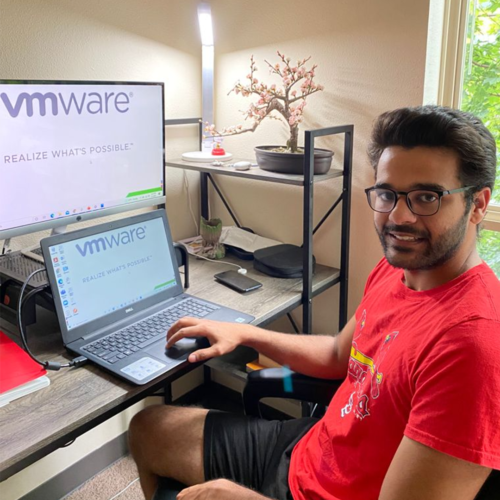
“Building a competitive and marketing strategy with a unique value proposition for a product, building relationships with different stakeholders, and understanding customer problems first and then providing them a solution are some of the things which I learned and apply in my current role.”
-Vaibhav Dabas, MBA ’22, product manager intern at VMWare
To stay up to date with summer internship features, follow along on our Facebook, Instagram and Twitter pages.


